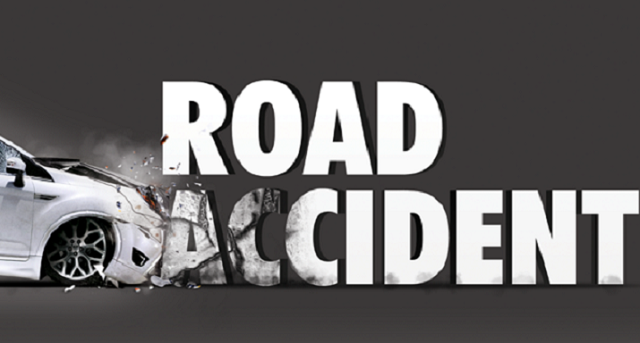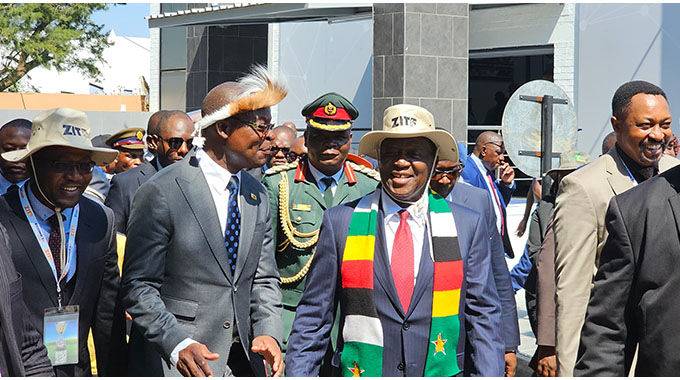Govt to set up accident fund

Thandeka Moyo, Chronicle Reporter
THE Government is setting up a fund to assist road accident victims after it emerged an accident occurs every 15 minutes and about five people are killed every day on the country’s roads.
A levy on fuel or motorists has been considered among possible ways to raise money for the fund.
The Deputy Minister of Transport and Infrastructural Development, Engineer Michael Madanha, yesterday told Bulawayo residents at a Road Accident Fund Consultation meeting that accident statistics had forced his ministry to act.
“According to statistics, a road accident occurs in Zimbabwe every 15 minutes and five people are killed every day on our roads. On average we have about 1 700 fatalities and over 30 000 people are injured every year.
“These statistics though frightening must always be remembered so that we come up with a viable and sustainable Fund which takes into consideration our country’s economic realities,” said Eng Madanha.
“The dilemma service providers face becomes one of deciding between response to save lives with the possibility that the majority of the injured may not be able to pay for the services versus long term viability.”
He said there was a possibility that medical practitioners are hesitant to respond to accidents as fast as they could as they grapple with the question of how such services will be paid for.
“Ironically as the experts will confirm, the first hour post-crash is the most critical for the injured to receive medical attention if they are to survive,” said the Deputy Minister.
“The Minister has already sold the concept of setting up this fund to his colleagues in Cabinet and has been tasked to refine the idea and submit the same to Cabinet for consideration.”
Transport and Infrastructural Development Permanent Secretary Mr Munesu Munodawafa said motorists must contribute before anyone else.
“As things stand now we are in the consultation process; there is no fixed mode of funding that we have adopted. However, vehicle users must contribute something towards the fund because there is no point in taxing Zimbabweans towards a fund which is specific to road accidents,” he said.
“We are saying in some countries they put a small levy, a small fee on fuel and then you calculate how much it will earn you, maybe half a million per month. We haven’t taken the matter to Cabinet and we are still deliberating on the options that we have.”
Mr Munodawafa said after the provincial consultations, they will have a national stakeholders’ meeting where they will have insurance experts and others.
“This is a crash programme we are working on but at the same time we want it to be as productive as possible. We started with Bulawayo today and we will go to all the provinces in the next two weeks,” he said.
According to the Traffic Safety Council of Zimbabwe, there is a large number of uninsured motor vehicles despite the fact that it is compulsory for motorists to insure their vehicles.
“Although a large number of accidents occur in urban areas, the majority of the high casualty accidents occur in remote out of town areas with basic evacuation and medical facilities. As a result, there is an unnecessarily high morbidity or mortality rate. The lack of specialist modes of transportation for the casualties, lack of trained personnel and adequately prepared medical facilities adds to the carnage,” reads the TSCZ statement.
“Note-worthy is that Zimbabwe and all other developing countries have not achieved a systematic way of educating, enforcing, evacuating, treating and rehabilitating their populations as has been done in developed countries. All these require adequate funding for the cash-strapped developing countries.”
@thamamoe










Comments